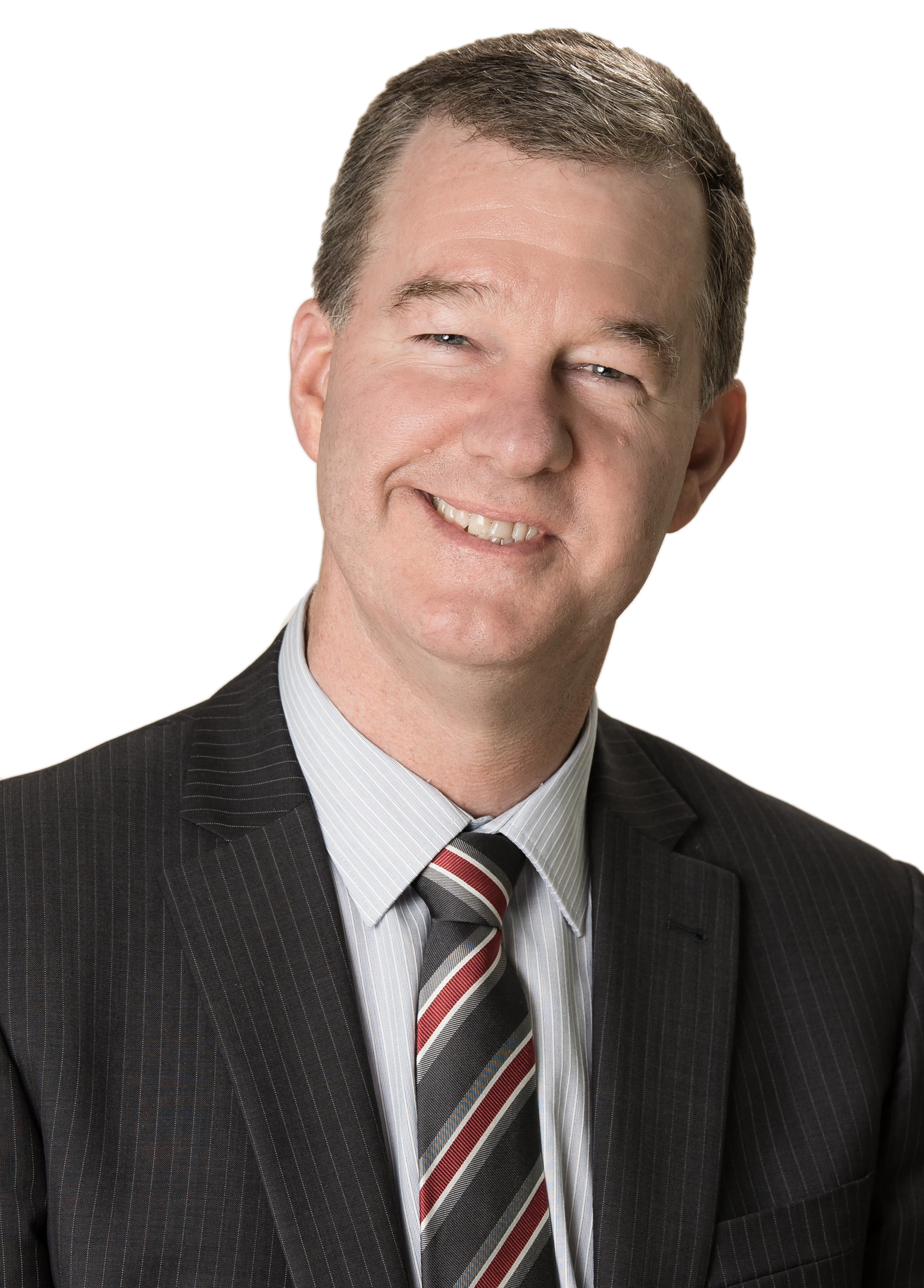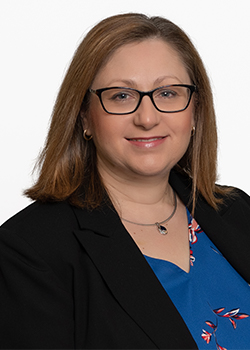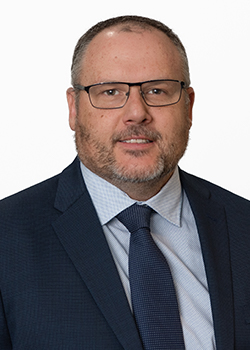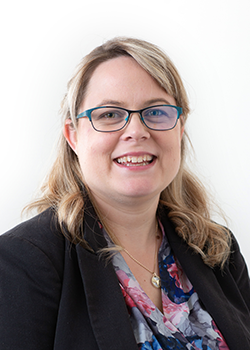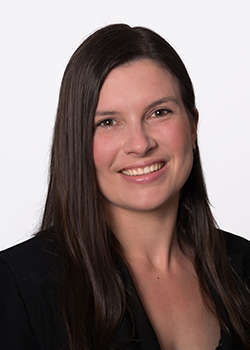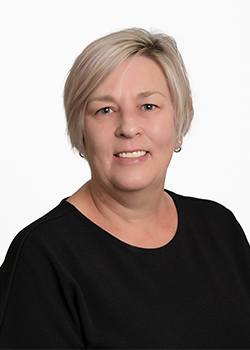ASIC targeting high-pressure sales and inappropriate advice

.
Outgoing ASIC chair Joe Longo said highlighting the key issues for 2026 helps direct attention to where risks are most likely to emerge and underscores where ASIC is focused to safeguard trust, integrity and confidence in Australia’s financial system.
He noted that consumers losing their retirement savings through investments in high-risk products, including as a result of high-pressure sales tactics and inappropriate financial advice was one of the regulator’s major focus areas for the coming year.
“Aggressive marketing, lead‑generation and ‘cookie‑cutter’ advice models have been driving switches of superannuation into complex, high‑risk investments that are often unsuitable for average consumers, for example through certain managed investment schemes,” he said.
“ASIC is working closely with government and consumer groups to address legal and regulatory gaps, and deliver education campaigns to empower Australians to better identify risks to their retirement savings. While the pathway to compensation can be uncertain when these schemes collapse, ASIC has 12 court cases underway related to the Shield and First Guardian matters to hold people and organisations to account.”
Another of the regulator’s focus areas for 2026 is operational failures by superannuation fund trustees leading to member harm.
Longo noted that member services problems like delays in processing claims, inadequate support and services for customers, poor IT infrastructure and cyber resilience, and escalating risks of fraud and scam activity all underscore superannuation fund operations as a key issue.
“Those operational failures by trustees or administrators can result in significant financial losses, compound distress for people facing difficult circumstances, and of course erode trust in the system as a whole,” he said.
“With nearly three million Australians set to become eligible to access their superannuation over the next decade — and more than $750 billion expected to move from accumulation into retirement — it is essential that the superannuation system is prepared to manage potential operational challenges.”
Furthermore, ASIC will also be targeting increased retail client exposure to private credit markets, with Longo adding that retail access to private credit and other private market products is expanding.
He said as investment thresholds decrease to as low as $2,000, and investment platforms (including superannuation) enable participation in inherently less transparent and in some case more complex products, this risk of mis‑selling, unsuitable product selection raises.
“As ASIC identified in November (REP 821), private markets are opaque, and Australia has limited regulatory reporting outside superannuation, meaning constrained supervision and potential heightened risks for investors,” he said.
Digital assets are also on ASIC’s radar especially the regulatory gaps related to these emerging financial sector participants.
“Rapid innovation by or for people unfamiliar with financial services – particularly in digital assets and fintechs – continues to create risks including with unlicensed advice, misleading conduct, and the exploitation of unclear regulatory boundaries,” Longo said.
“Where a business is currently legitimately unregulated, it is ultimately for government to determine whether a new class of products or services should be brought within a licensing regime.
“At the same time, some entities will actively seek to remain outside regulation, contributing to perceived regulatory uncertainty. As a result, ensuring clarity on licensing requirements and maintaining effective perimeter oversight will remain priorities for ASIC in 2026.”
Keeli Cambourne
January 29, 2026
smsfadviser.com

